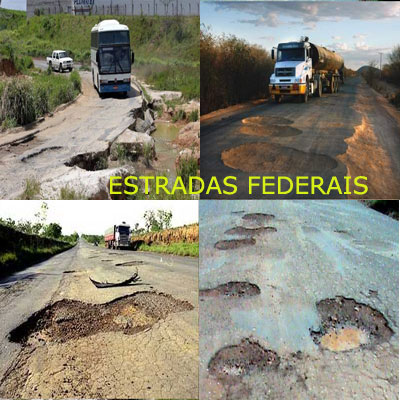kristopherb
Protective/Charismatic
http://www.telegraph.co.uk/news/pol...atised-roads-to-get-country-moving-again.html
So yeah, driving becomes more expensive.
http://i.qkme.me/5w4i.jpg
The Prime Minister will warn that Britains road network is falling behind the rest of the world as he suggests that private companies should run motorways and A-roads.
Under the plans, the companies will receive a portion of the annual vehicle licence fee to maintain and upgrade the network. Firms would also be encouraged to build new motorways and roads that would be funded by tolls.
The Prime Minister will urge Britain to follow the example set by the Victorians by embarking on a new era of infrastructure building.
He will announce a new feasibility study to develop ways to bring private investment into Britains major roads, which independent experts calculate could be worth up to £100billion.
So yeah, driving becomes more expensive.
http://i.qkme.me/5w4i.jpg




